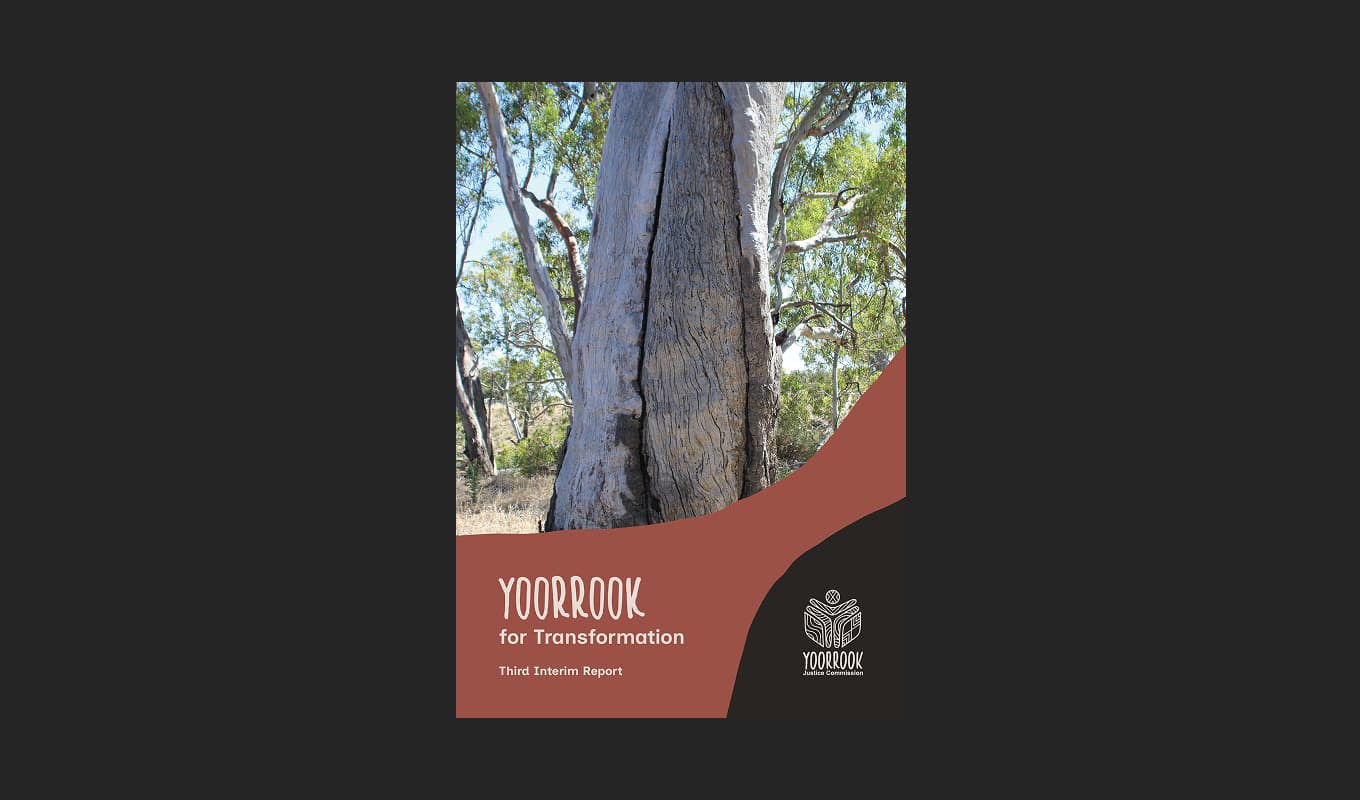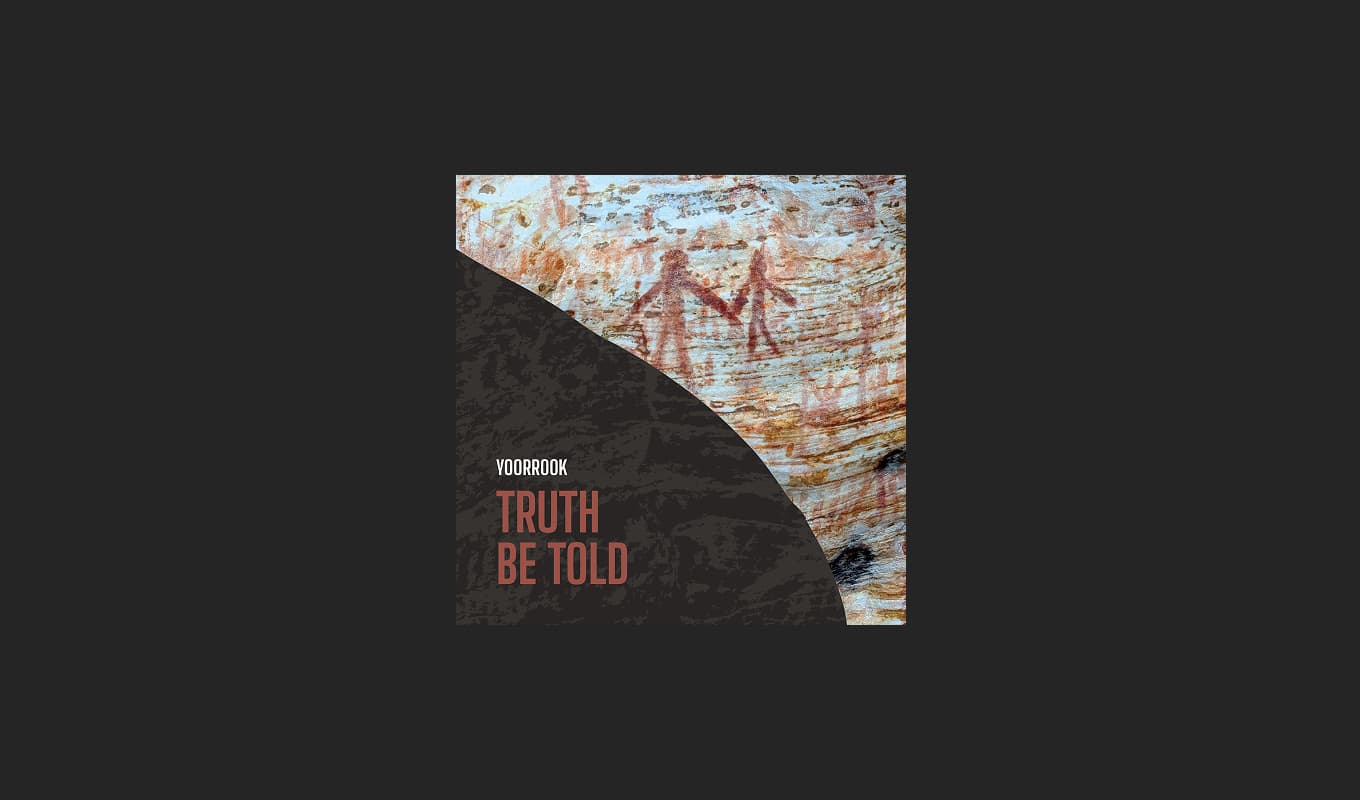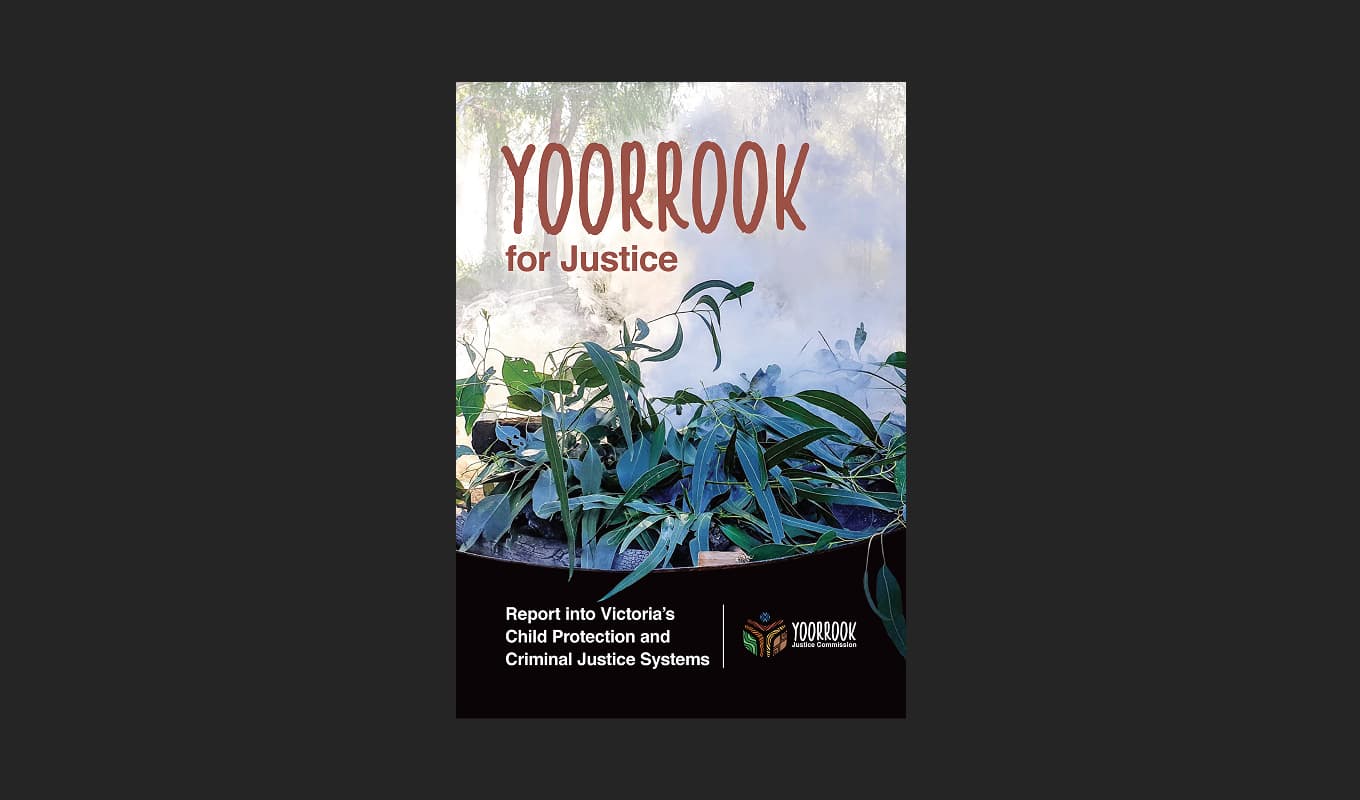Will
Will suggests prioritising localised history in curriculum, encouraging teachers to undergo self-decolonisation, and supporting Aboriginal students to share their stories in an unreserved way. They recognise the primary dualistic method of teaching (subject-object, teacher-student) can be oppressive, hindering critical thinking and individual insight.
Submission Transcription
Local battles and massacres need to be given teaching preference over specific battles from other countries and regions. It is baffling that these atrocities were committed and are not acknowledged in history classes. There could be a mechanism in the curriculum that allows a case study localised to the region. Teachers should undergo a process of self-decolonising, at least recognising their own history before they teach it. Perhaps a lesson where children investigate their history, and find out if for example, their family played a more active role in displacement/subjugation than they previously thought. Aboriginal students could be supported to tell their story in an unreserved way.
I have heard anecdotes of Aboriginal students being made to wait outside classrooms, while whitewashed lessons on their own history are taught inside. This needs to stop, and the lessons restructured to be more inclusive and less prescriptive.
Recognising that the primary dualistic method of teaching (subject-object, teacher-student) can be inherently oppressive to all children, let alone First Peoples. The delivery of content which must often be taken at face value, and those who question it are seen as troublesome, creates problems when it comes to critical thinking and individual insight from investigation.
Truth-teller consent
Contact us about this submission
Contact us if you’d like to discuss this submission.
Similar submissions
Explore submissions from other witnesses that discuss similar topics.
Lisa Kelly
Lisa Kelly's submission details her family background as a 5th generation Australian with ancestors from Ireland, Scotland, England, and Dutch-Burgher... more
Christine Godfrey
Christine Godfrey says their knowledge of colonisation and its impacts on First Peoples is patchy and that we have not been taught that systemic racis... more
Anonymous 1491
The author decided to make this submission as they believe their early education and experiences would mirror those of many other non-Indigenous Austr... more
Anonymous 1481
The author has a broad understanding of colonisation’s impact on First Peoples but feels Victoria's education system was extremely limited in teaching... more
Reports and Recommendations
Read the official reports and recommendations of the Yoorrook Justice Commission.

Yoorrook for Transformation
Third Interim Report: A five-volume comprehensive reform report presenting evidence and findings on systemic injustices, and specific recommendations for meaningful change to transform the future.

Truth Be Told
An official public record that documents First Peoples experiences since colonisation, preserves crucial testimonies for future generations and creates an enduring resource for education and understanding.

Recommendations for change
Yoorrook Justice Commission’s recommendations for truth-telling, justice, and systemic reform in Victoria.
